MONTHLY NEWSLETTER
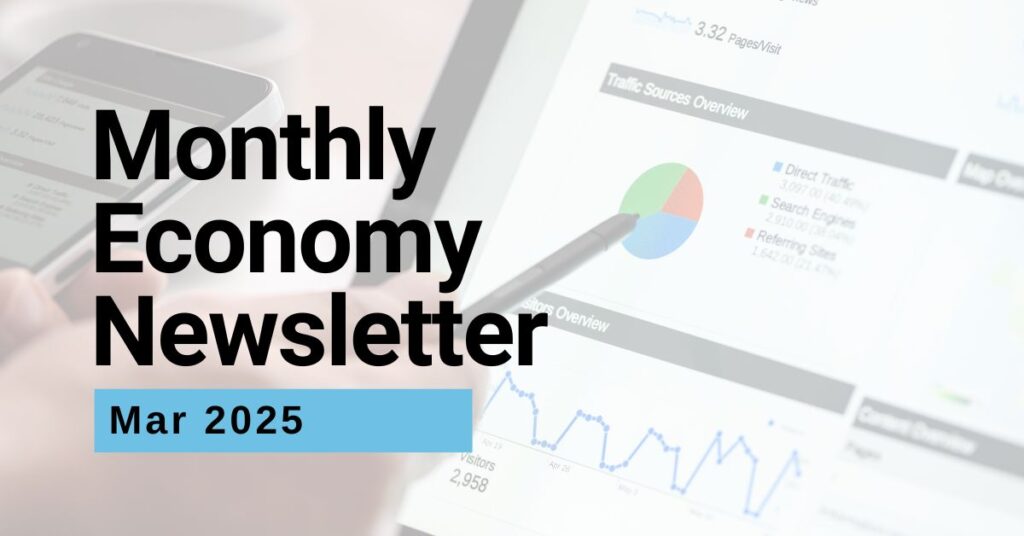
Tariffs threat shakes US market, Deepseek keeps AI bull run in Hong Kong andChina markets
Highlight
🔵Thelast mile of inflation stayed murky with hotter-than-expected print of 3%YoY and 0.5%MoM.
🔵Persistent yet smaller January NFP add, sound wage growth and lower unemployment rate render strength to the labor market.
🔵US December retail sales remain steadfast, bolstered by robust wage growth.
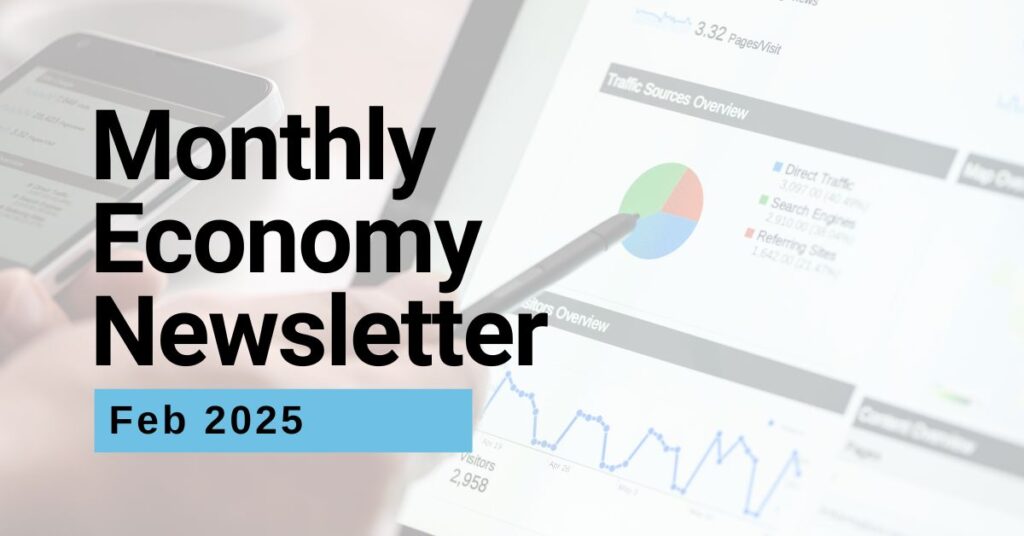
A bumpy bull year
Highlight
🔵The scorching NFP hike and lowered unemployment rate diminished the pressing need for rate cuts.
🔵A moderation in core CPI has revitalized confidence in the disinflation narrative.
🔵US December retail sales remain steadfast, bolstered by robust wage growth.
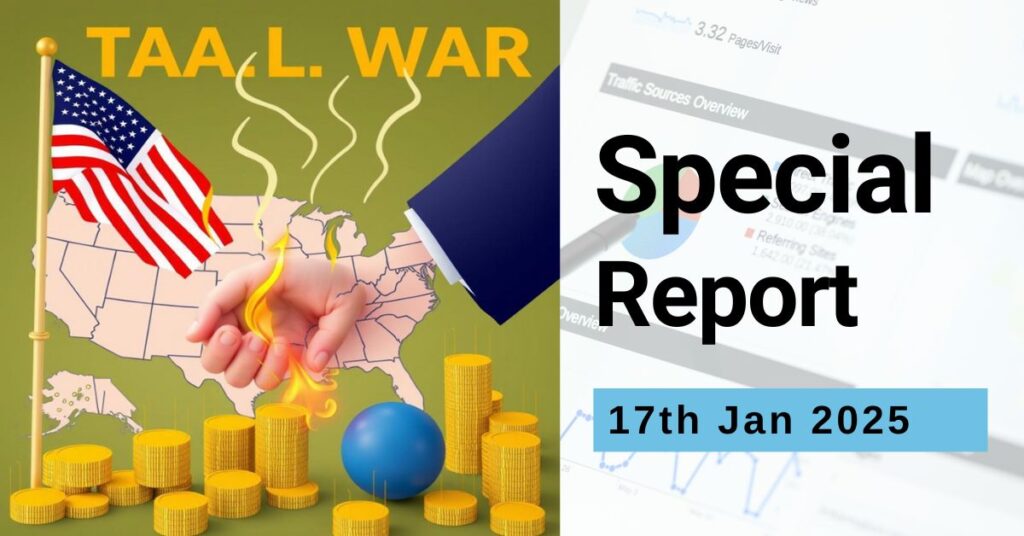
Era of Globalization Officially Over-HowTrump Tariffs will affect the Global Economy
Executive summary
Global trade has historically contributed to low inflation by creating deflationary supply
chains. However, Trump tariffs is set to raise goods costs, trigger retaliatory tariffs,
strengthen the USD, and increase wage inflation, leading to overall higher inflation. High
USfederal deficits could raise Treasury yields, pressuring asset prices, particularly stocks
and bonds, while commodities and cryptocurrency will become the sweet pots.
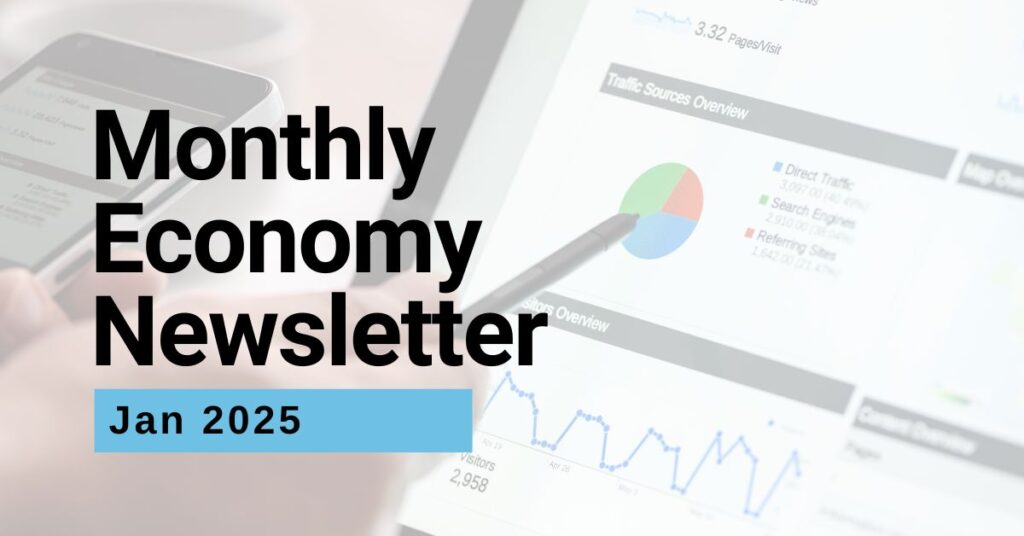
Rate cut may switch to a lower gear in 2025
Highlight
🔵Thelabor market showed mixed signals, with November’s NFP rising to 227,000, while theunemployment rate increased to 4.2% and the overall employment figures declined.
🔵Headline inflation edged up and core inflation leveled off year over year, hindering progress in disinflation.
🔵Retail sales vaulted 3.8% YoY and 0.7% MoM in November, underscoring resilience in the US economy.
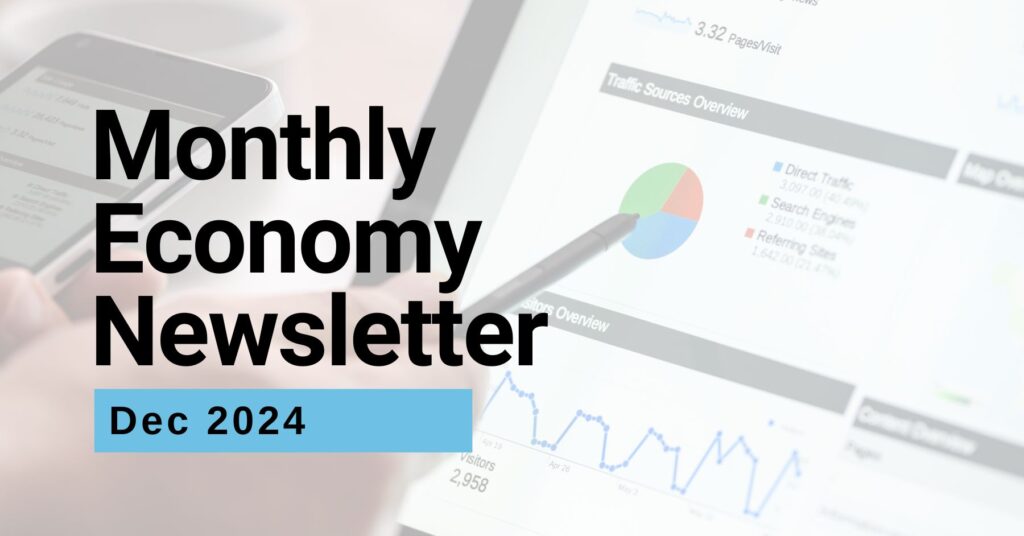
Trump 2.0 presents a new challenge to the world economy
Highlight
🔵US headline inflation perked up to 2.6%YoY due to food, used cars and shelter costs hike.
🔵October NFP buckled to 12000 due to the recent hurricanes and the dockworkers’ strike.
🔵Sustained strong wage growth shouldered retail sales and was auspicious for US Q3 GDP growth.

Whopping nonfarm payroll spike to decelerate rate cut pace
Highlight
🔵US inflation softened to 2.4%YoY with loosening energy and housing pressure amid small goods uptick.
🔵Ultra high September NFP and lighter unemployment rate were due to the sharp seasonaly growth of government hires while the private sector openings were imploding.
🔵Sustained strong wage growth shouldered retail sales and was auspicious for US Q3 GDP growth.
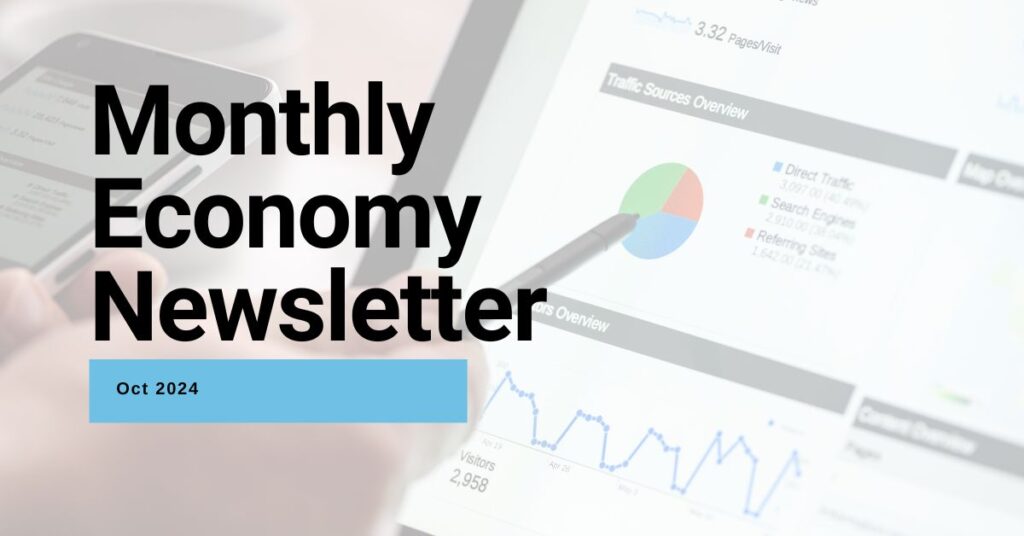
Staging for deeper rate cuts & all eyes on China stimulus
Highlights
🔵 The continued flunking of NFP in August and sizable cutbacks of the previous two months prints risk sending US economy reeling despite the unemployment rate ticked down.
🔵 US August CPI relented to 2.5%YoY, but core CPI balked at 3.2%YoY as shelter and transportation costs spiked.
🔵 Encouraging US August retail sales (2.1%YoY) and average hourly wage (3.8%YoY) in August added confidence to the benign US economy standing.
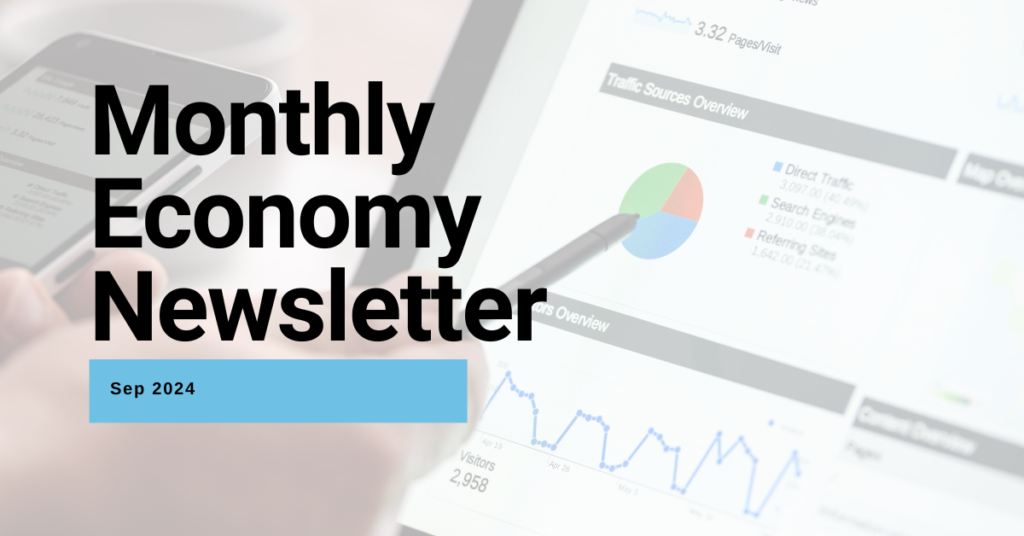
Rate cut is on the cards
Highlights
🔵US July CPI mellowed to 2.9%YoY, a four month streak of remission, driven by continued goods disinflation.
🔵Market fretted over recession risk fanned by the nosedive of NFP to 114,000 and the jump of unemployment rate to 4.3% in July.
🔵Battered down by manufacturing PMI, the PMI Composite Output Index edged down to a fourmonth low of 54.1 in August.
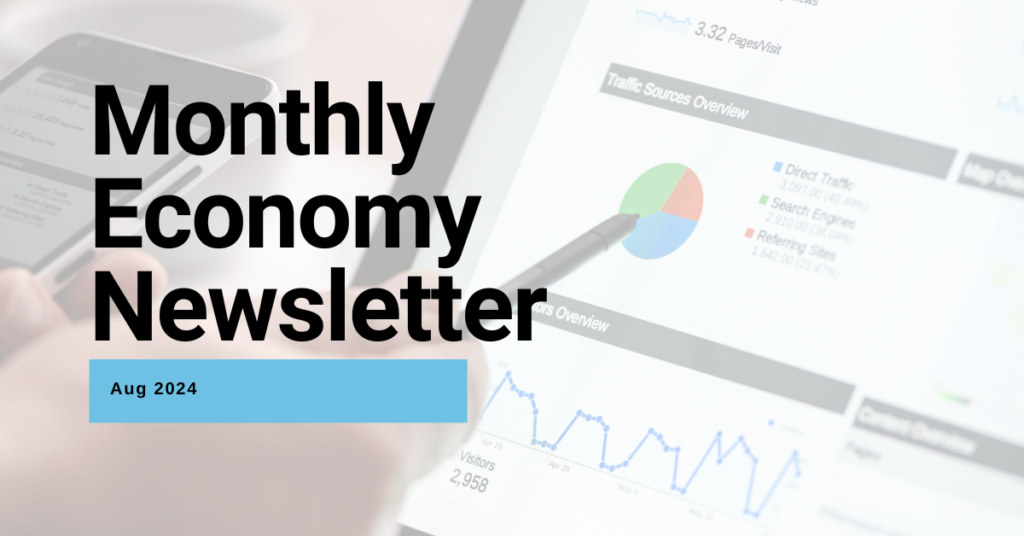
Encouraging inflation cooling and spiking unemployment keeps rate cut odd alive
Highlights
🔵 Buying into Ethereum; expect more than 50% upside by March 2025/December 2025 following ETH spot ETF launch resembling BTC upmove
tracjectory boost by BTC spot ETF.
🔵 Lower NFP gain, slower wage growth and higher unemployment manifest a softer labor market.
🔵 Sharp decline in gas prices and easing shelter price brought down inflation to 3% YoY in June.
